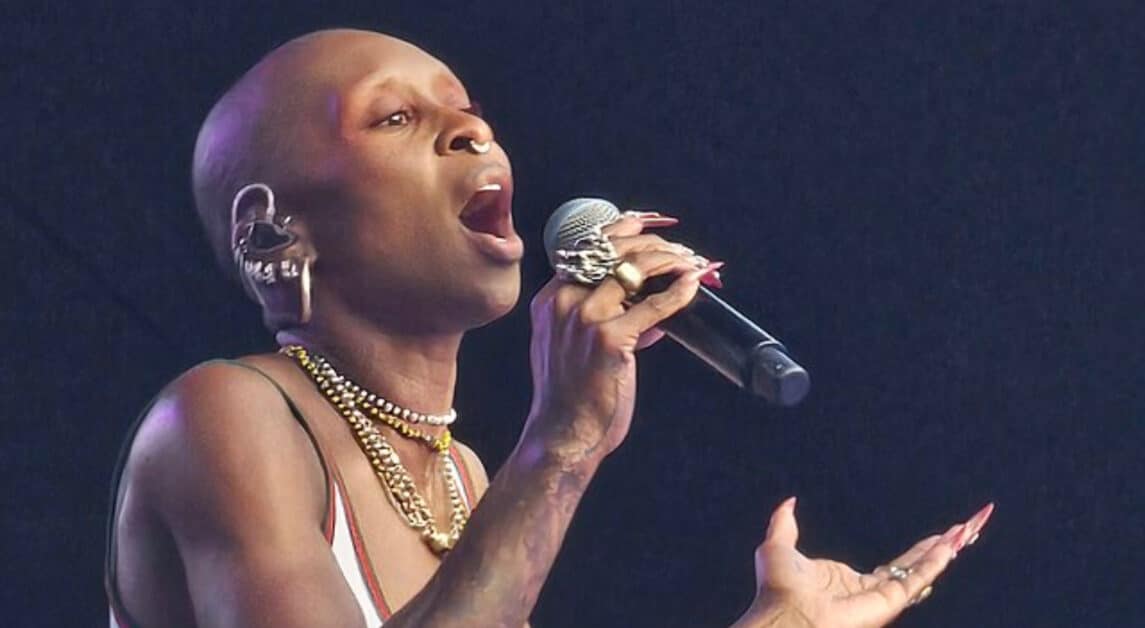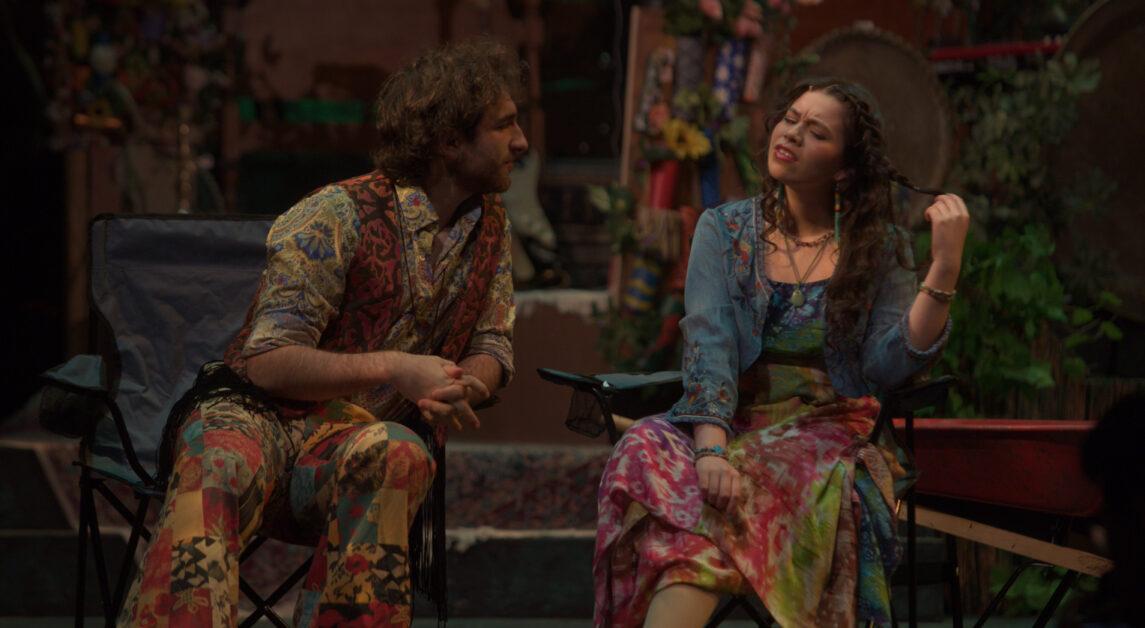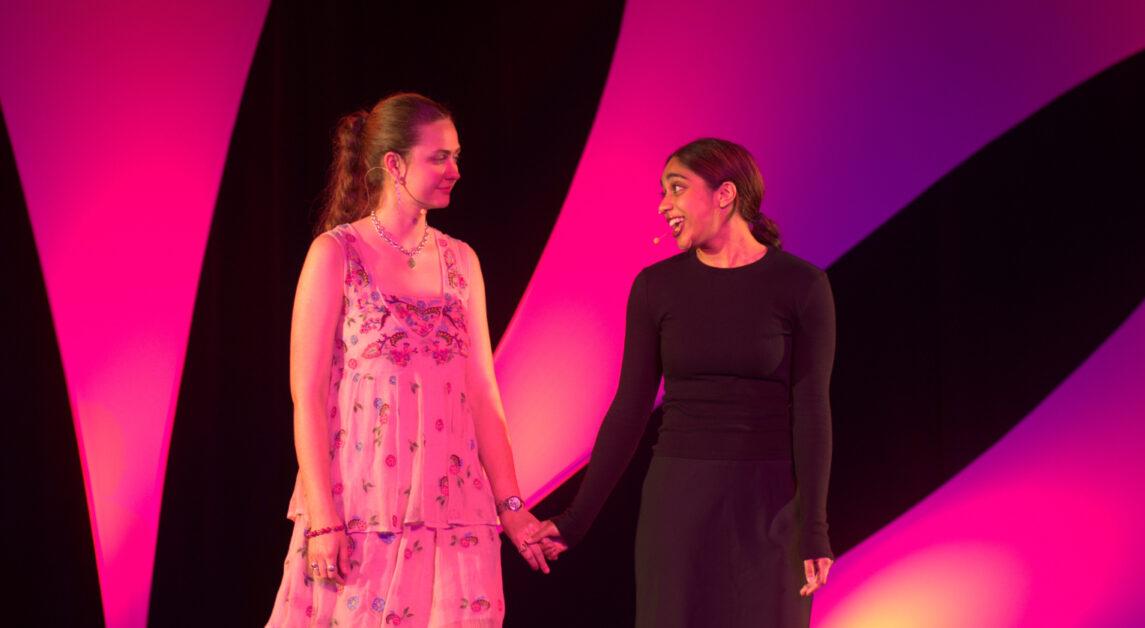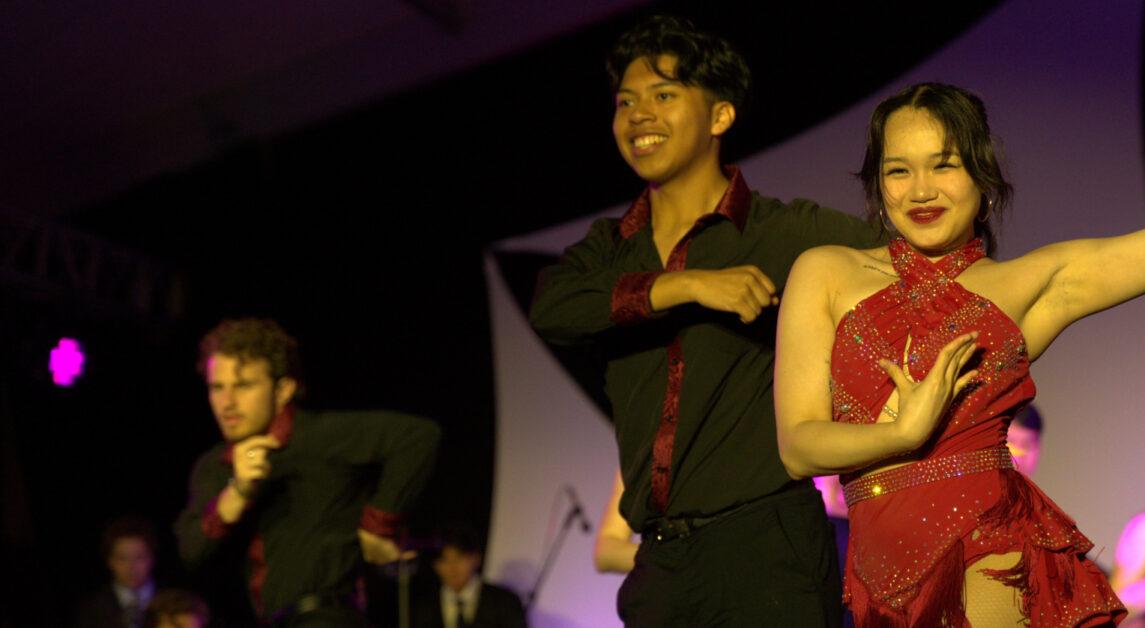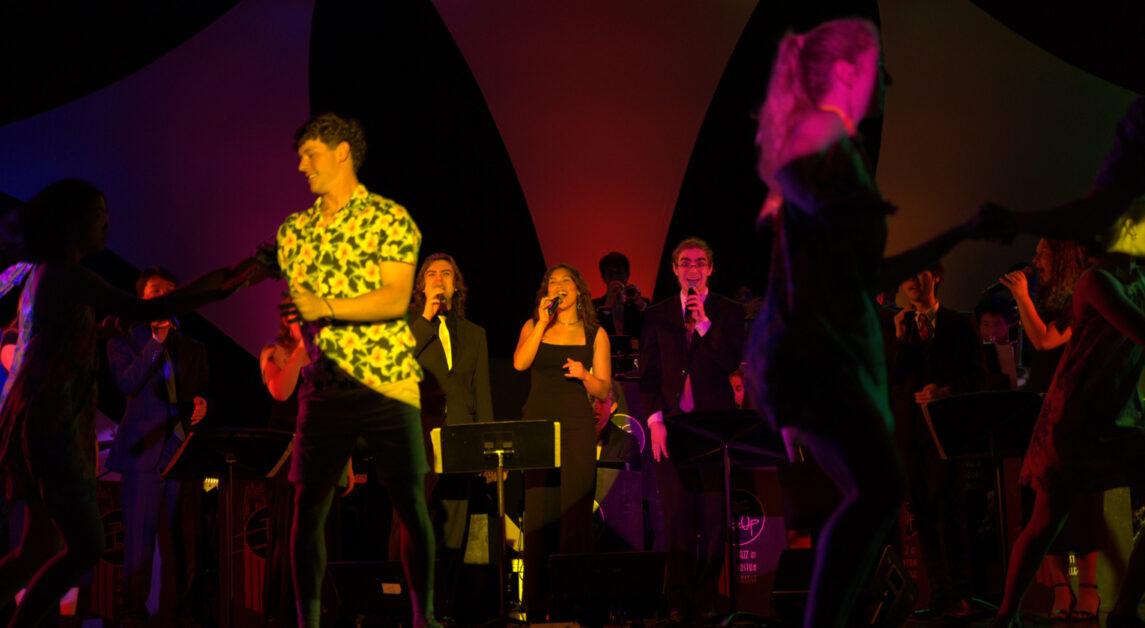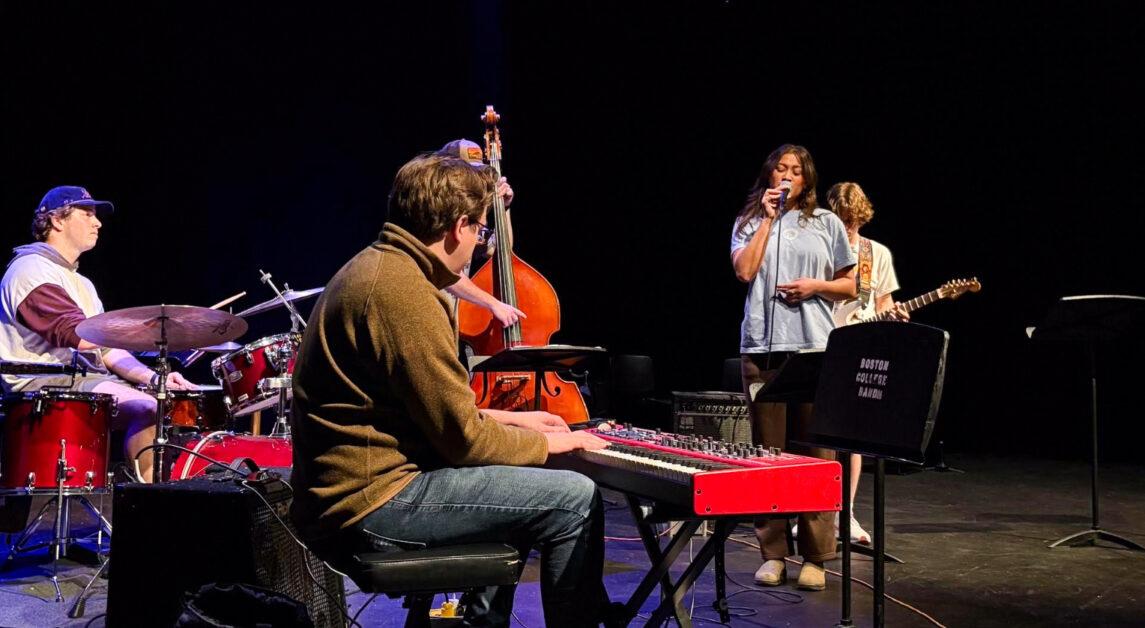A note is scrawled—words on a page, not yet spoken. Left captive there, they are rendered ineffective without a mouth to birth them into the world. Given the chance, these words have the ability to sway emotions and pull thoughts in other directions.
Whether it is a small phrase scratched in a notebook, or a thought lost in the ambiance of our minds, often, the words that come to us are left unspoken. SLAM! (Soul, Love, and Meaning), a Boston College spoken-word poetry group, seeks to find and let loose these otherwise abandoned parcels of our speech. Haley Kerr and Kellie O’Leary, both MCAS ’17, described the feel and goals of the organization, as they, and other SLAM! members, bring their art to fruition. From serious and impassioned to light-hearted and merry, all styles of poetry are welcomed in an open and inclusive forum.
Spoken-word poetry typically consists of free-verse poetry read aloud. It is a versatile division of poetry, as its poets may adopt different cadences, rhythms, and schemes to fit their dramatic purposes. The spoken-word format gives each poem an identity and a power to captivate.
“Spoken-word poetry is something that allows you to express how you feel without any regulations or structures,” Kerr said.
Free of stylistic constraints, SLAM! poets take the stage able to more accurately, and courageously, put forth unadulterated feelings and ideas. Whether these ideas are about love, a musing, a passing thought, or a banal aspect of the day, the forum is there to free it from the confines of our minds.
This is different from poetry that is merely written. This form of poetry reaches its fullest potential when its poet stands before you. In this quest for a more authentic and real poetic experience, the words are best left to the minds that penned them.
“It’s very alive, and it’s meant to be experienced, it’s not meant to be read,” O’Leary said. Inherently tied to the human element, spoken-word poetry adopts a kind of physicality not seen in other forms. Just as the voice adopts cadence and rhythms, so too does the body employ mannerisms and movements to reinforce the thoughts evinced by the words.
When not on stage, members of SLAM! hone their craft with poetry workshops. During these events, the power of words comes into full view as poets seek to represent themselves in the most accurate way. Sometimes this may come down to a single word.
The purpose of sifting through words is to find the exact word that you mean to describe exactly how you are feeling, Kerr said. Trying to find the words that best describe a feeling of loss, joy, or grief is essential for authenticity’s sake.
But again, all these words may sound a different note if spoken from anyone but the poet him or herself.
One exercise in these workshops exemplifies the verbalized element of this kind of poetry. In this exercise, poets exchange poems and read them aloud. Each person reads the poem differently from how the author intended it. With emphasis put on different words, poignancy was lost or gained in strange places. When read by another, these poems become incongruent with the emotions from which they stem.
With the courage to stand on stage and speak, SLAM! poets are able to foster an emotional connection with the audience before them. After choosing words carefully, our shared language allows us to, in the slightest way, understand the feelings of another human being.
“In a world where you can’t feel what someone else is feeling just by standing next to them, words are the only way to express how you are feeling,” Kerr said. With so many barriers apparent in our world, knowing the genuine thoughts of another can prove to be a provocative and inspiring thing.
“It’s the closest you can get to living in someone else’s skin,” O’Leary added.
And such brief glimpses have inspired amazing things at SLAM! events. When sharing an experience from their own stories, poets may prompt others to do the same. Founded on trust, on a shared emotional experiences, poets pass along courage as they speak with solidarity about harsher emotions of grief, loss, and pain.
Such an intimate and personal atmosphere creates the foundation for the organization. In triumphs and defeats, both the individuals and collective whole of SLAM! serve as bridges between lives. The spoken word is that bridge, making every stone on its path an important one.
“[It’s about] finding the words to express an event so you can live it again, and also for the audience to live it for the first time,” Kerr said.
Despite all of its successes, spoken-word poetry often has to hurdle the stereotypical notion of the angsty, venting teenager. To transcend this archetypal figure of a poet, SLAM! never fails to conjure up new poetry about any conceivable topic.
Describing her own evolving notion of poetry, Kerr described how it morphed from simple phrases of forlorn love, indignation, or anger to subjects of a less lofty material. She describes poetry as a means of communicating intense and passing emotions.
What SLAM! speaks to on a deeper level is the power of words as a medium between people. In all the incalculable, confusing, or vexing interpersonal situations we find ourselves in daily, words attempt to lessen our communicative woes. Words, in many ways, represent our only ties to another person’s inner thoughts.
The challenge is, then, to find the words that best map our thoughts for others to follow.
“There is so much beauty that can come from someone’s mind being translated into words,” O’Leary said.
Featured Image by Julia Hopkins / Heights Editor


